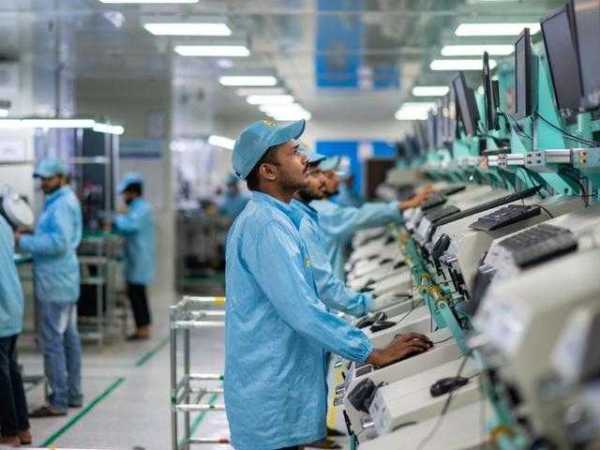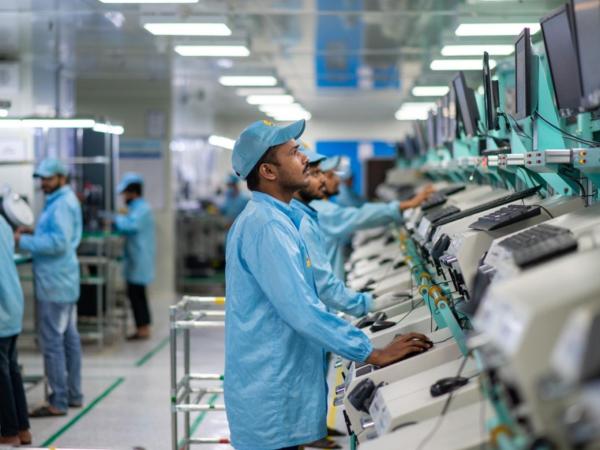

Ministry of Electronics and Information Technology (MeitY) Secretary S Krishnan has reportedly said that the Centre plans to extend the existing import authorisation regime for certain IT hardware products including PCs, tablets and servers till 2025-end.
In a chat with NDTV Profit, Krishnan said that the Ministry will devise a new mechanism through 2025 to replace the existing regime.
“The present scheme has been extended till December 2024. Beyond December also, it is to also continue for one more year for the time being. We will review at the end of that period and somewhere through the calendar year 2025 and figure out what is to be done with the scheme next,” said Krishnan.
It is pertinent to note that the import authorisation regime was set to expire in September 2024 but was . The directorate, however, had added that importers will be mandated to apply for fresh authorisations starting January 1, 2025.
The further extension is expected to give further impetus to the IT hardware manufacturers, who have been grappling with various compliances, slow processing speeds and various other issues related to the new authorisation regime.
This follows the DGFT imposing restrictions on the import of seven IT hardware items including servers, computers, and data processing machines, in October last year. As industry players opposed the move, the Centre later on allowed companies to import such items but after applying for government authorisation to import these products.
At the time, the Centre had cited issues related to national security for the move. In his chat with NDTV Profit, Krishnan reiterated the stance saying that it was important to secure the manufacturing value chain and the equipment itself as well as to trace the journey of these IT hardware products itself.
Notably, the new authorisation regime appears to have taken a toll on the import volume. Previously, reports suggested that imports of these IT hardware products declined 3.4% year-on-year (YoY) to $8.4 Bn between October 2023 (when the regime was implemented) and March 2024.
The post appeared first on .